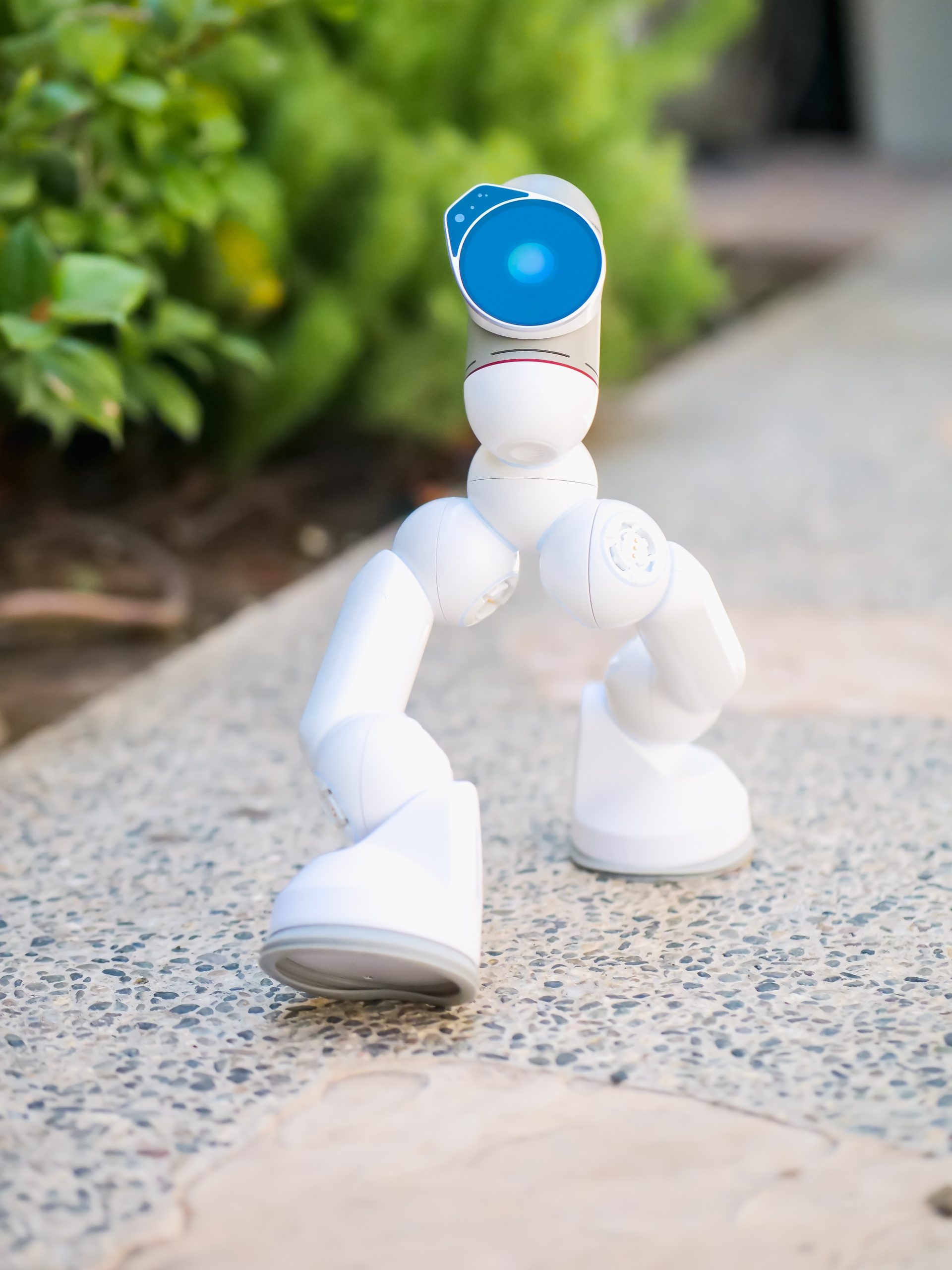In recent years, the advancements in artificial intelligence (AI) have revolutionized many industries, including entertainment. With the use of AI, it is possible to create synthetic voices that can sound remarkably like real human voices. While this has opened up many new opportunities for the entertainment industry, it has also raised concerns for voice actors who fear being replaced by machines.
Voice acting has been an essential part of the entertainment industry for decades, with voice actors lending their voices to characters in animated films, TV shows, video games, and more. However, the rise of AI-powered voice synthesis technology has started to threaten the livelihoods of these professionals.
One example of this technology is Google’s “Duplex” AI, which can make phone calls on behalf of a user and imitate human speech patterns, including pauses and stammers. Another example is Adobe’s “Project VoCo,” which can manipulate recorded speech to change the words spoken by a person, potentially creating synthetic voices that sound like real people.
The use of these technologies has sparked concern among voice actors, who worry that they will lose work to machines that can create synthetic voices that are cheaper and faster to produce. In response to these concerns, some voice actors have even started forming unions to protect their rights and ensure that they are paid fairly for their work.
Despite these concerns, some experts argue that AI-powered voice synthesis technology could actually create new opportunities for voice actors. For example, some video game developers are using this technology to create more lifelike characters, which require more nuanced voice acting than traditional video games.
Additionally, AI-powered voice synthesis technology can also help voice actors extend their careers by allowing them to continue working even when they are no longer able to perform due to age or health issues. By recording their voices and creating synthetic versions of themselves, voice actors can continue to lend their voices to new characters long after they have retired.
In conclusion, while AI-powered voice synthesis technology is a disruptive force in the entertainment industry, it is also a source of new opportunities. Voice actors should work with technology companies to ensure that their voices are being used ethically and that they are being compensated fairly for their work. By doing so, the industry can continue to evolve and grow, providing audiences with more exciting and immersive entertainment experiences.




